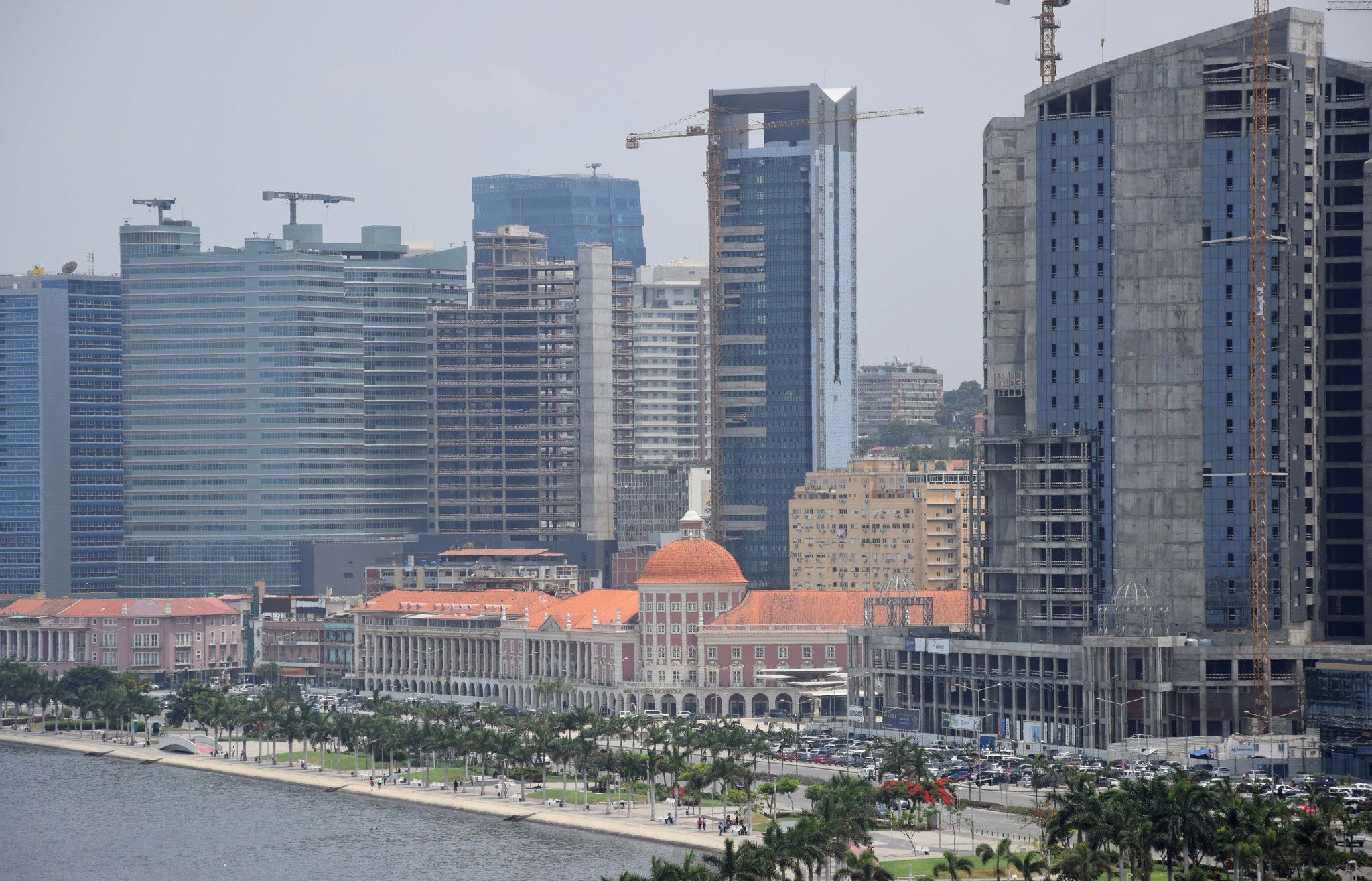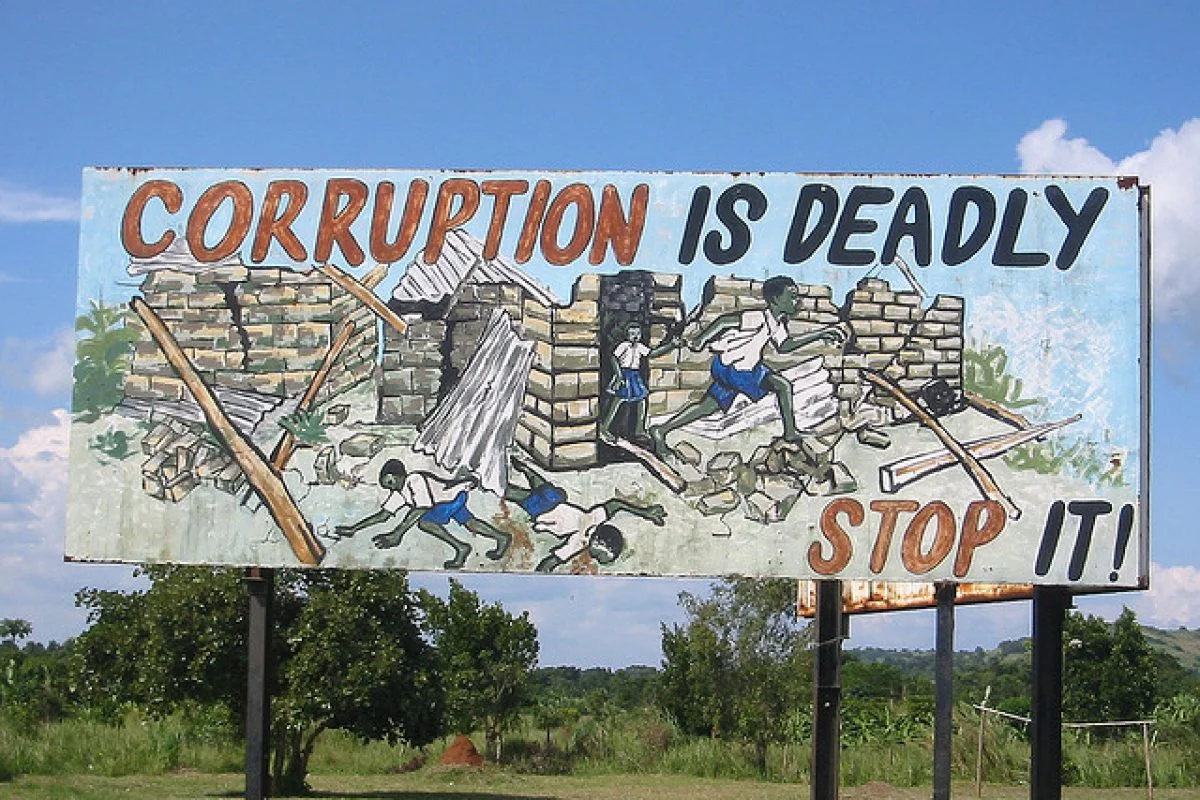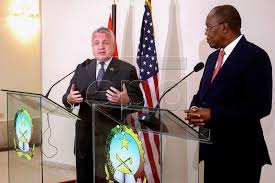After the last decades of civil war, an oil boom, corruption scandals, the state of Angola’s economy will be one of the biggest and most decisive issues when the country’s citizens go to the polls on Wednesday (24 August).
Millions of Angolan youths are voting for the first time in the country’s 5th election since independence. Despite nearly 50 years in power and billions of dollars worth of oil pumped, the government led by the People’s Movement for the Liberation of Angola (MPLA) has failed to lift Angola’s overwhelmingly young populace out of poverty. With more than half of the population under twenty-five unemployed, the National Union for the Total Independence of Angola (UNITA), a rebel group-turned-opposition party, is hoping to capitalize on these frustrations, as millions of youth vote for the first time on Wednesday. The country emerged from a 27-year civil war between the MPLA and UNITA in 2002, but its youth barely remember this history and worry more about economic ills.
Africa’s second-largest oil producer and one of its largest economies, as well as the world’s seventh-biggest producer of rough diamonds. Long dominated by state-owned companies, a legacy of its socialist past, Angola has embarked on ambitious privatization programs but progress has been slow. Authorities expect the restructuring of state oil company Sonangol and diamond miner Endiama ahead of partial IPOs to take a further 12 to 18 months. After five years of recession, Angola’s GDP is expected to grow by 2.7% this year, but inflation remains above 20%. A return to growth linked to higher oil prices has, as usual, not benefitted most Angolans, about half of whom live in poverty.
Both MPLA and UNITA have presented similar proposals aimed at diversifying the economy and tax base away from oil and encouraging investment in sectors such as renewable energy, fisheries and tourism. But whoever wins will still face volatility in the price of oil, which accounts for more than half of Angola’s government revenues and 94% of exports, according to the IMF, which said any fall in crude prices could quickly trigger debt problems in the country.



